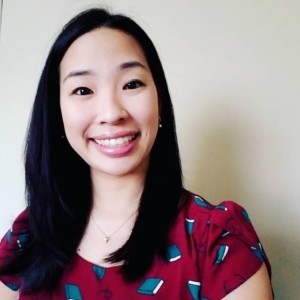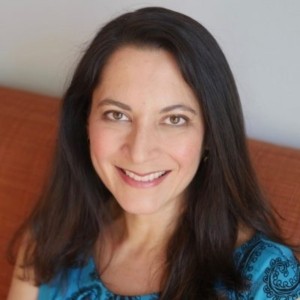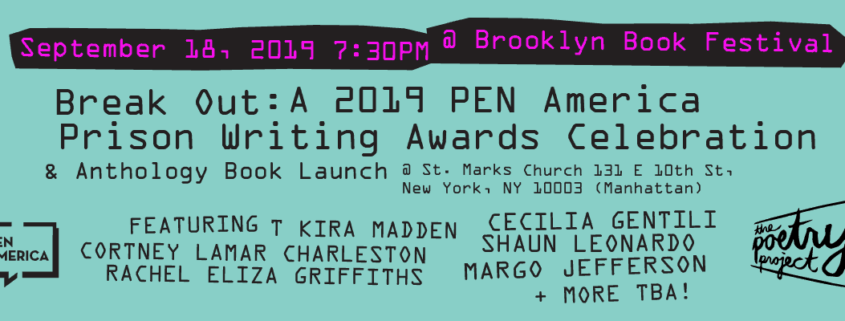Coming to the Walking on Water Conference next month? Let me introduce you to our generous host and co-sponsors: All Angels Church, the artistic faith community on the Upper West Side.
The church’s site is perfect for the conference for a few reasons. One, it’s where Madeleine worshiped during the last years of her life (more on that in a minute). Two, it’s a thriving, vibrant collection of creative types who value art as a means of understanding our Creator. All Angels Church’s artistic aims are infused with the flavor of Walking on Water, Madeleine’s treatise on faith and creativity.
Listen for some of Madeleine’s influence in All Angels’ artistic statement: “At All Angels’, our Arts ministry reminds us that we are co-agents with God in the world he’s made,” their site reads. “We believe the arts are a key way for us to witness God’s creative power on earth. In fact, it is through the arts that we experience the fullness of God, together.”
Her signature infusion of imagination into the spiritual life will for sure come up during the Walking on Water Conference, too. And, thanks to the hospitality of All Angels, the amalgamation of awesomeness taking place that weekend will “feed hungry sheep,” to borrow another illustration of Madeleine’s. (“I go to church … because I am a hungry sheep who needs to be fed,” she wrote in The Irrational Season.)
Let’s get to the details of all that awesomeness. Besides being our welcoming hosts for the Walking on Water Conference on Saturday, Nov. 16, All Angels has also slated its own events:
- Songwriter Audrey Assad will perform a concert there on Friday, Nov. 15. The show is open to the public and tickets are $15 (you can buy concert tickets here.) (The next day, Assad will serve as the Walking on Water musician-in-residence — eep! read more about that here.)
- Friday, Nov. 15, is also the opening reception for a special art exhibition that complements the Walking on Water Conference. Curated by Albert Pedulla and Joyce Yu-Jean Lee, the gallery will open at 6:30 pm and again after Audrey’s concert.
- Saturday, Nov. 16, is the official Walking on Water Conference festivities (which you can register for here, and find a full recap of highlights here).
- And finally, on Sunday, Nov. 17, author and Conference Co-Director Sarah Arthur will be preaching at the church’s 10 a.m. and 5 p.m. worship services.
That’s a lot of good stuff in one special space on the Upper West Side. The space is, unfortunately, not wheelchair accessible. It has been a source of concern for the parish, and for us as we organize this gathering. There won’t be architectural changes in place to make the conference wheelchair accessible, but as we begin to imagine what future L’Engle events might look like, inclusion and accessibility are very much top of mind.
Going to church, for Madeleine, is akin to wearing a wedding ring: “a public witness of a private commitment.” For years she worshiped at St. John the Divine. Toward the end of her life, she found the cathedral overwhelming, as Sarah Arthur writes in A Light So Lovely: The Spiritual Legacy of Madeleine L’Engle. Madeleine was invited to All Angels by one of her goddaughters, Cornelia Duryée Moore, who coincidentally will be part of a panel discussion at the conference: “Icons of the True: Adapting Novels for Film.”
Isn’t it fun, how Madeleine’s part in the community of All Angels continues to bear fruit? Partake with us in November — we’ll all taste and see a glimmer of that magic!
Tesser well,
~Erin Wasinger, for MadeleineLEngle.com




 RuthAnn Deveney works in corporate learning and development and loves walking around her small town of Kennett Square, Pennsylvania. She lives there with her husband, dog, and a huge
RuthAnn Deveney works in corporate learning and development and loves walking around her small town of Kennett Square, Pennsylvania. She lives there with her husband, dog, and a huge 


